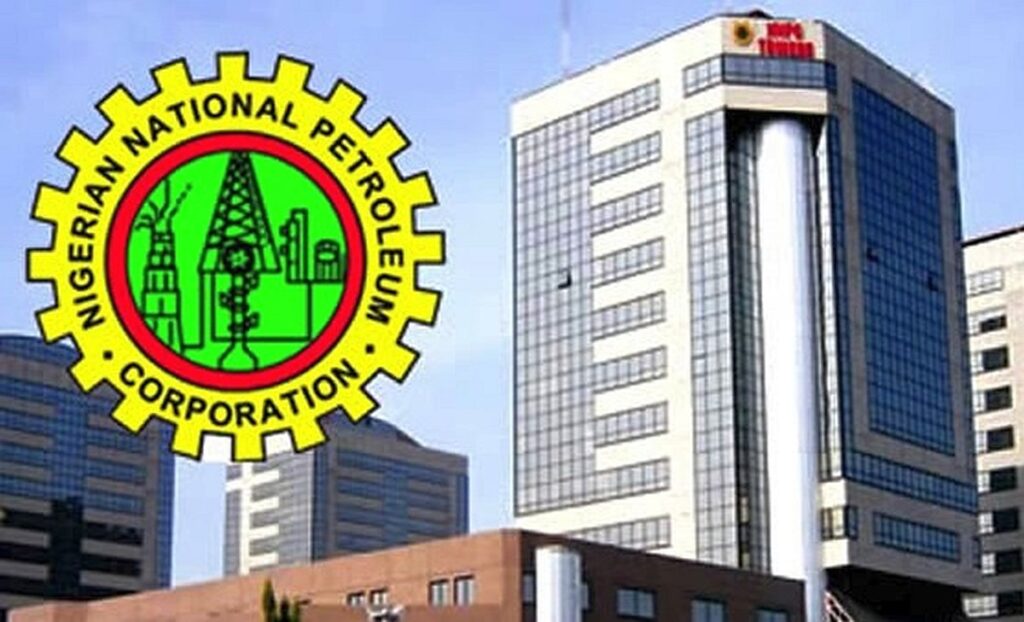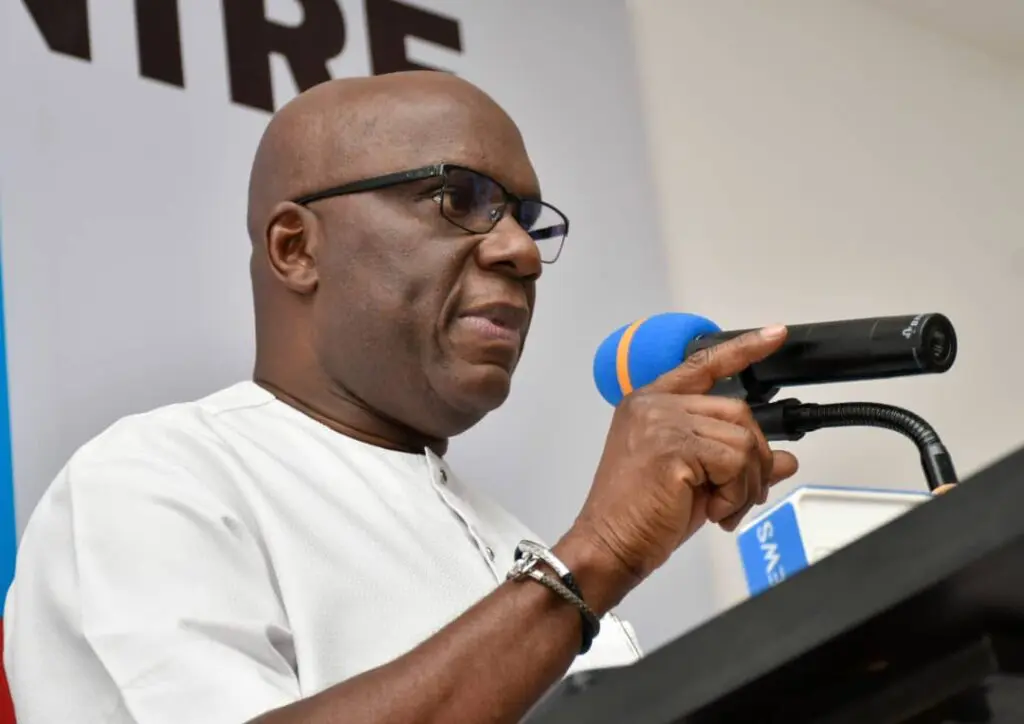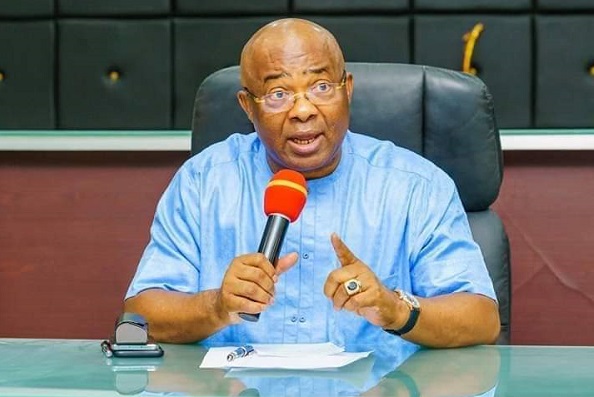Now Reading: Oil Sector Paralysed as PENGASSAN Strike Shuts NNPC, NUPRC and NMDPRA
-
01
Oil Sector Paralysed as PENGASSAN Strike Shuts NNPC, NUPRC and NMDPRA
Oil Sector Paralysed as PENGASSAN Strike Shuts NNPC, NUPRC and NMDPRA

Nigeria’s energy sector was thrown into crisis on Monday as the Petroleum and Natural Gas Senior Staff Association of Nigeria (PENGASSAN) launched a nationwide strike, forcing the closure of key oil and gas institutions.
The industrial action paralysed operations at the Nigerian National Petroleum Company Limited (NNPCL), the Nigerian Upstream Petroleum Regulatory Commission (NUPRC), and the Nigerian Midstream and Downstream Petroleum Regulatory Authority (NMDPRA).
At NUPRC’s headquarters in Abuja, the gates were firmly locked, leaving staff stranded outside. Security personnel confirmed the shutdown was in strict compliance with the union’s directive. A similar scene played out at NMDPRA’s offices in Abuja’s Central Business District.
Tony Iziogba, PENGASSAN Chairman at NMDPRA, said the strike had achieved “100 per cent compliance,” with both workers and visitors barred from entry.
The walkout, ordered by PENGASSAN’s National Executive Council, was triggered by the alleged unlawful termination of about 800 workers at the Dangote Petroleum Refinery. The union accused the refinery of violating Nigerian labour laws and International Labour Organisation (ILO) standards by sacking employees over union membership and replacing them with expatriates.
“All processes involving gas and crude supply to Dangote Refinery should be halted immediately,” the union declared in a resolution signed by its General Secretary, Lumumba Okugbawa. It also directed international oil companies (IOCs) to cut gas production and suspend supply to the refinery and its petrochemical plants.
The move has sent shockwaves through the energy sector, with marketers warning of looming disruptions in fuel distribution. Analysts say prolonged strike action could trigger fresh scarcity and push pump prices higher, deepening hardship for Nigerians already battling inflation.
On Sunday, PENGASSAN instructed members nationwide to down tools from 12:01 a.m. on Monday, while field workers began shutting down operations from 6:00 a.m. on Sunday, accompanied by what the union described as a “continuous prayer session.”
The strike represents one of the most significant labour disputes in Nigeria’s oil industry in recent years, threatening not just refinery supply chains but the country’s already fragile fuel market.




